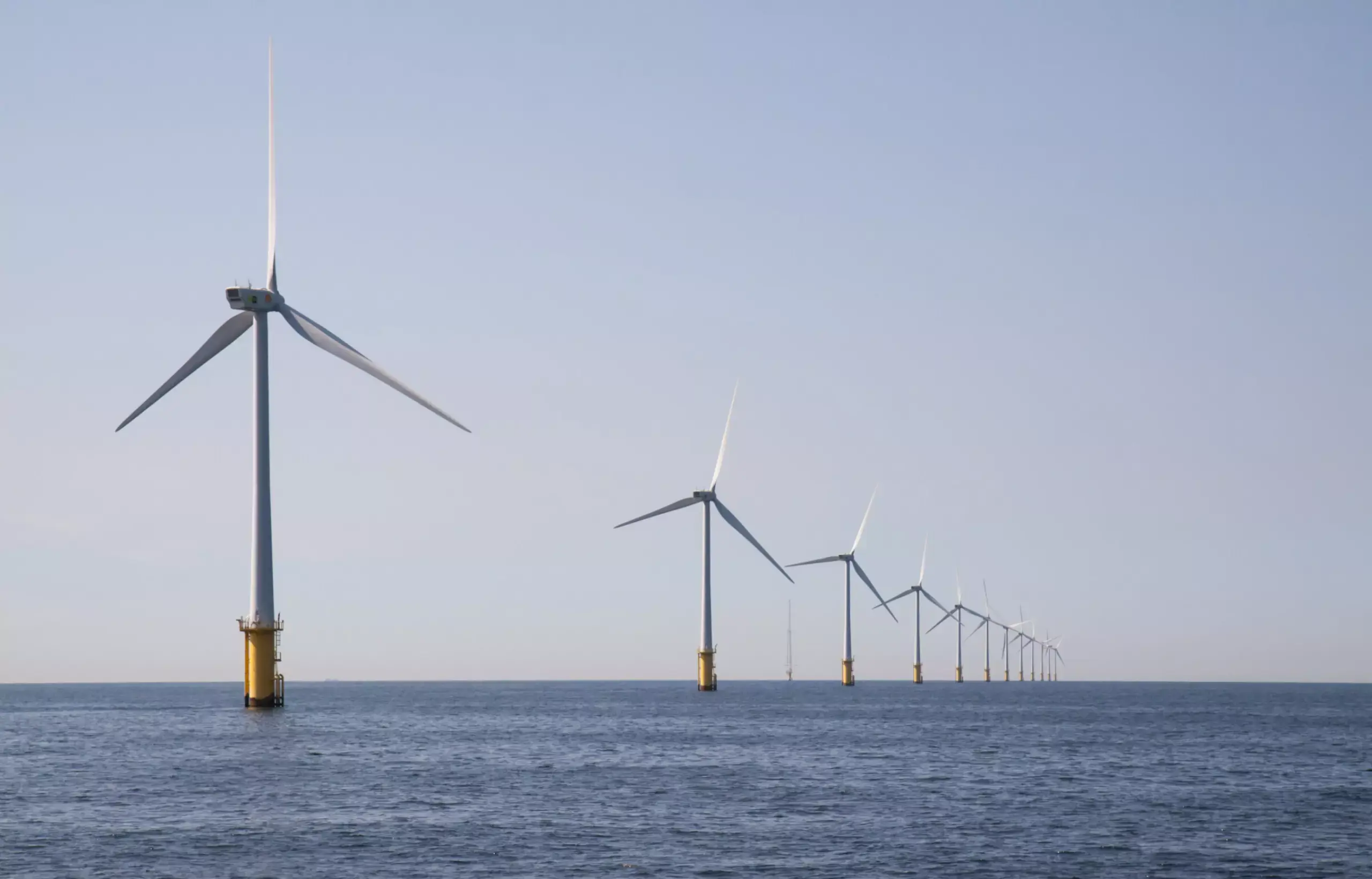- CountrySouth Korea
South Korea (hereafter referred to as Korea) has set an ambitious target of 14.3 GW of offshore wind capacity by 2030, yet by the end of 2023, only 142.1 MW (1% of the target) had been installed. What’s slowing progress and what needs to change to accelerate the transition? To address these challenges Pondera has identified eight key challenges hindering offshore wind development in Korea. Through collaboration with EU and Korean experts, Pondera has analyzed each challenge and explored potential solutions to unlock the sector’s full potential.

South Korea (hereafter referred to as Korea) has set an ambitious target of 14.3 GW of offshore wind capacity by 2030, yet by the end of 2023, only 142.1 MW (1% of the target) had been installed. What’s slowing progress and what needs to change to accelerate the transition? To address these challenges Pondera has identified eight key challenges hindering offshore wind development in Korea. Through collaboration with EU and Korean experts, Pondera has analyzed each challenge and explored potential solutions to unlock the sector’s full potential.

Project goal
This EU-funded project aimed to facilitate bilateral discussions on the offshore wind regulatory environment in Korea, using an advanced understanding of the impact of the current regulatory regime.
Project background
The European Union (EU) and its Member States collaborate closely with Korea through the ‘EU and the Republic of Korea Green Partnership’, which was concluded in 2023 and recognizes explicitly “the need to shift energy investments away from fossil fuels and towards renewable and low-carbon energy electricity production”.
The project included three different forms of dialogue sessions: four task force meetings with EU-stakeholders (EU-member states counsellors, representatives from EU established companies active in Korea and the European Chamber of Commerce Korea (ECCK)), ten interviews with Korean stakeholders and a public session, which included a presentation and a panel discussion with experts.
This research aimed to pave the way for strategic actions to overcome these barriers, ensuring a successful energy transition in line with Korea’s ambitious renewable energy targets.
Two-fold approaches
This study aims to achieve two key objectives: (a) to provide a comprehensive understanding of the regulatory environment surrounding offshore wind generation, and (b) to facilitate a technical dialogue between the European Union and the Republic of Korea (EU-ROK) regarding the key components of an efficient and effective regulatory framework for offshore wind generation.
The analytical paper evolved throughout the project. Initially, a general overview of Korea’s offshore wind regulatory framework was developed using literature, previous studies, and legal texts. This overview was subsequently enhanced with insights gained from two Dialogue Session Reports. These sessions allowed participants to identify challenges within Korea's regulatory framework that needed attention for faster development.
To gather deeper insights from key Korean stakeholders, ten individual expert interviews were conducted. The dialogue sessions culminated in a larger public session with both Korean and European stakeholders, including participants from the task force meetings and interviews. Additionally, four sessions with EU stakeholders were held: two with the European Chamber of Commerce in Korea (ECCK) and EU companies operating in the Korean market, and two with EU member states' counsellors.
Findings
Preliminary findings were shared during the Offshore Wind Technology Day session at the ENVEX FAIR, held at the COEX Exhibition Centre in Seoul. This event was organized by the Belgian Embassy in celebration of Belgium's presidency of the Council of the European Union. The session, part of the European Union Climate Dialogues (EUCDs) project funded by the European Union, addressed key policy barriers to offshore wind development in South Korea, focusing on the dominance of price criteria in the latest REC offtake auction, grid development, the Korean offshore wind supply chain, and potential collaboration between Korean and European stakeholders.

Options to accelerate Korean offshore wind development
- The Special Act for promotion of wind power distribution
- Addressing project bankability concerns
- Ensuring grid expansion
- Improvement of auction criteria
- Partnership with EU stakeholders
The study results can be accessed via the following link: https://www.eeas.europa.eu/delegations/south-korea/eu-funded-study-navigating-koreas-offshore-wind-regulations-challenges-and-way-forward_en?s=179.
Image credits: Freepik
